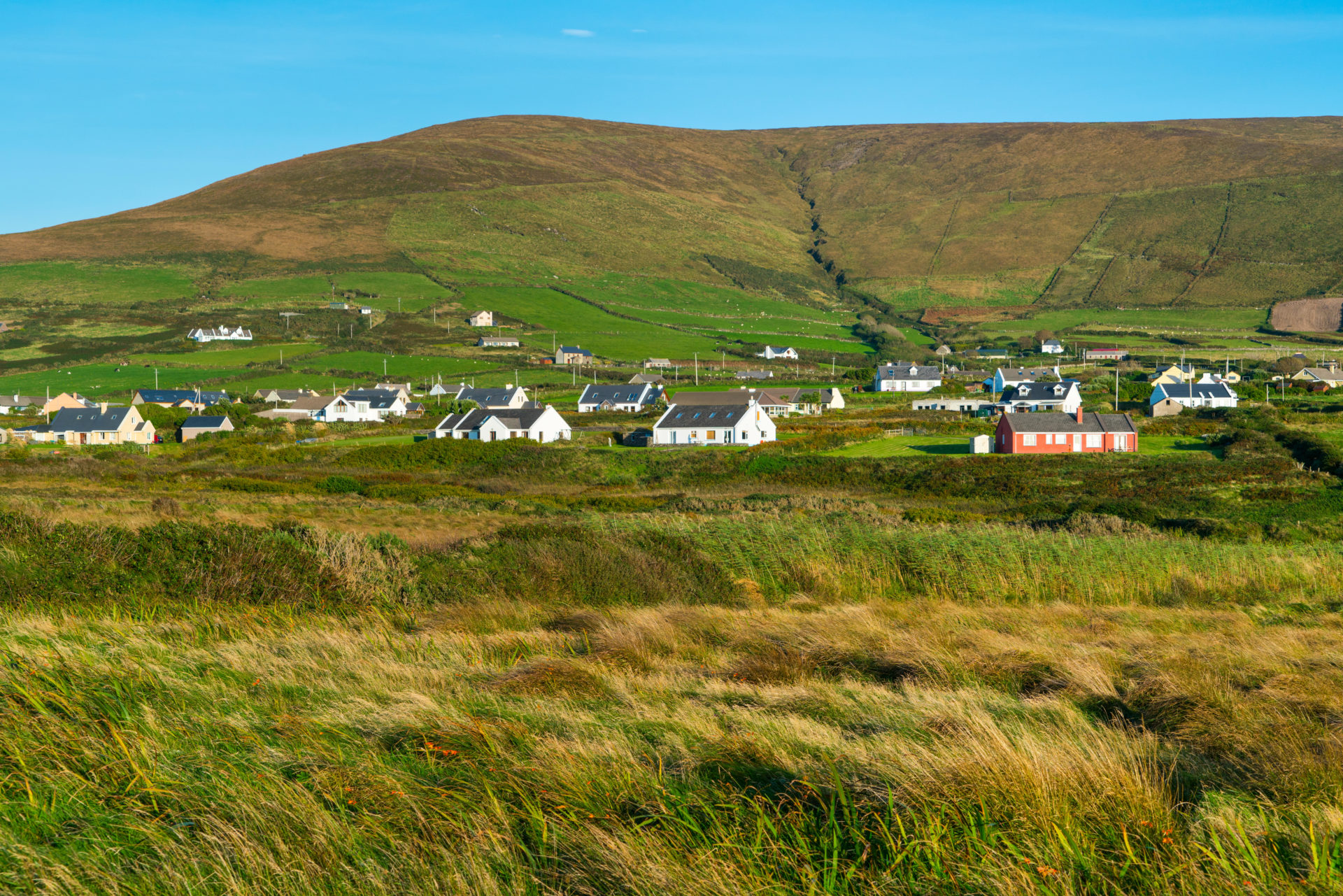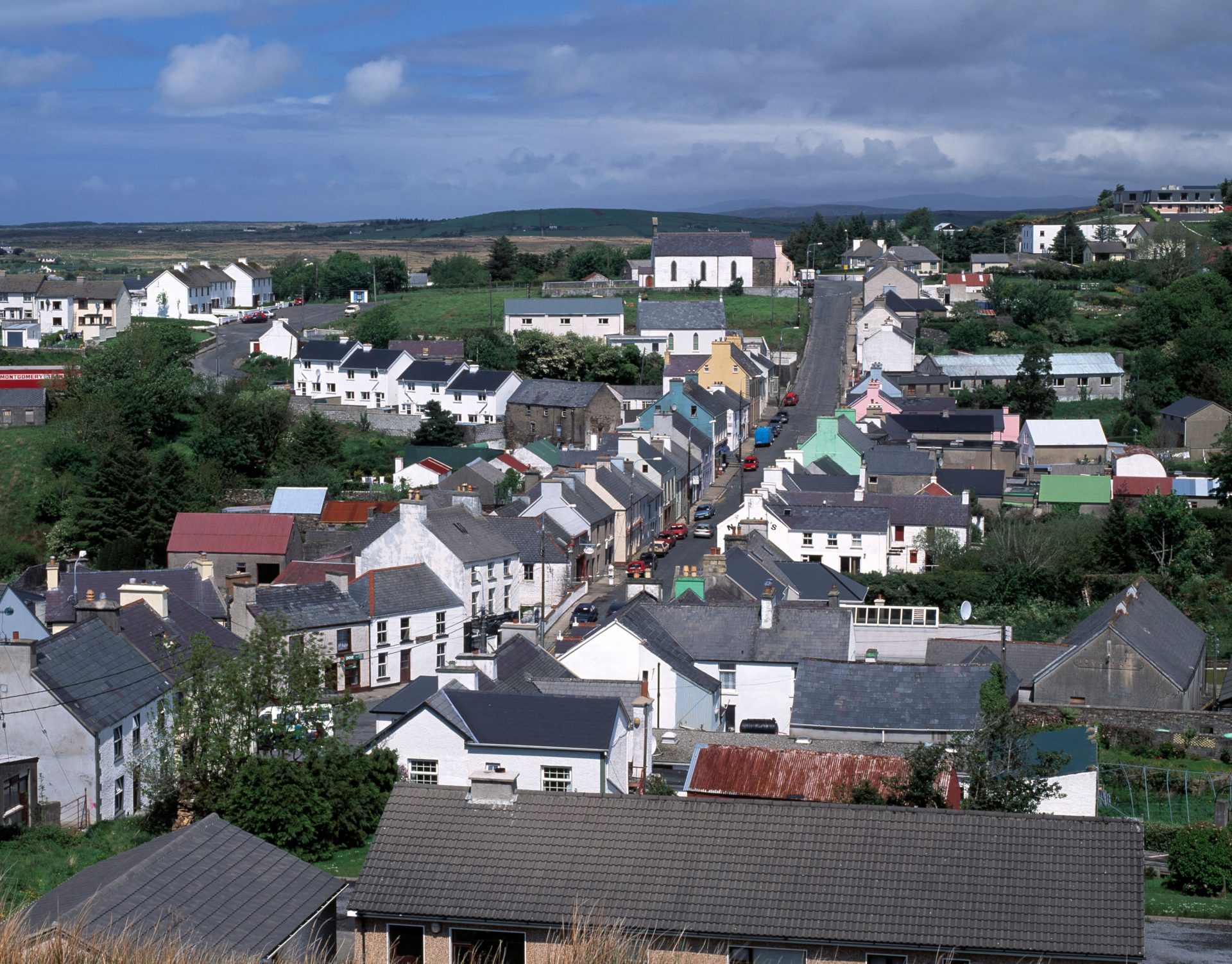The deadline to fill out your Local Property Tax evaluation is looming - and some homeowners could be in for a nasty shock.
By 7th November, all homeowners must estimate the value of their home, which will then determine how much you need to pay the State in Local Property Tax.
There are currently 19 bands; homeowners whose home is worth €240,000 or less pay €95 a year whose homes are worth between €1,995,001 and €2.1 million pay €3,110.
A different formula is used to charge people whose homes are worth more than €2.1 million.
On Newstalk Daily, economist Dr Barra Roantree of Trinity College said he understands why people do not like the tax, but that it is a much needed source of revenue.
“Ultimately, the question is about what’s the least worst way of raising that revenue?” he asked.
“The property tax, I think, is one of the least worst ways you can raise revenue and that’s because, the way economists look at it, it has the lowest economic costs.
“So, for example, if you have taxes on income, people are going to work less.
“You might decide, I won’t do that extra hour of overtime, you might actually decide it’s not worth my while applying for that promotion or new job because I only get a certain amount of it.”
View this post on Instagram
Dr Roantree added that, by contrast, with the Local Property Tax there is “very little” a person can do to avoid it.
“You have to pay it, there’s no real way of avoiding it or reducing your liability,” he said.
“It’s not like you’re going to knock down half the house in response to it.”
 Housing on the Dingle Peninsula. Picture by: Alamy.com.
Housing on the Dingle Peninsula. Picture by: Alamy.com. Presenter Shane Beatty said he himself had re-evaluated the price of his home and received a nasty shock.
“My Property Tax has gone up by €120,” he revealed.
“We were kind of promised that it wouldn’t increase that much - it’s gone up 120 quid.”
Dr Roantree continued that the Government has changed the bands to prevent this from happening to too many people.
“You put your property into a [price] band and these bands have become wider,” he explained.
“So, the first band goes from less than €240,000; the next band goes from €240,000 to €315,000. You’ve then got bands of about 100 grand or so wide.
“The Government has made those bands wider and it’s also actually cut the rate the tax then applies to the band.
“So, there’s a rate of tax that applies to the middle point of that band and that’s what determines how much Local Property Tax you pay.
“What the Government has done is widen those bands and cut the rate; it’s done that to try to reduce the number of people who are seeing increases.”
 Houses in Annascaul, County Kerry. Picture by: Michael Diggin / Alamy Stock Photo
Houses in Annascaul, County Kerry. Picture by: Michael Diggin / Alamy Stock PhotoOverall, it means the Government continues to raise only a “very small amount” of revenue from the Local Property Tax.
All despite the surging value of Irish homes.
“They’ve increased by more than 250% since the Property Tax was introduced in 2013,” Dr Roantree said.
“And yet, we’re raising not much more than we did at that time.
“What’s really happened over time is Local Property Tax has been degraded and cut over time.
“That might not feel like the case but, given where property values have gone, really what we’ve seen is an effective cut in the Property Tax over the last decade and a half.”
Main image: A couple with a tax bill. Picture by: Alamy.com.









